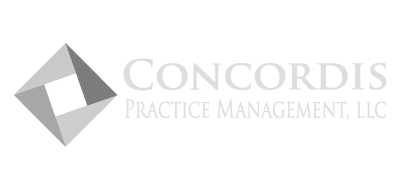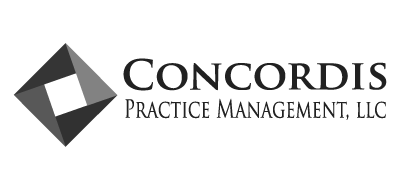
The Medicare 60-day Overpayment Rule now in effect
The Patient Protection and Affordable Care Act, known to most of us in medical practice management as the ACA, or Obamacare, was signed into law by President Obama on March 23, 2010. Nearly six years later, a portion of that law was implemented on March 14, 2016… the Medicare 60-day Overpayment Rule. This is the single largest change in healthcare enforcement. CMS now gives clarity on the rule interpretation and how it will be applied. This Final Rule has severe implications for any provider or entity that accepts Traditional Medicare Part A or B payments. This article will focus only on Part B providers.
If you have not heard about the Final Rule, now is the time for practice managers and physicians to do their research and discuss their action plan to ensure they do not violate the provisions of the 60-day overpayment rule. The statute applies to Medicaid payments too, but there has been no rulemaking yet. Medicaid enforcement will probably not be too far behind on this Final Rule.
The crux of the Rule is that any Medicare overpayment must be refunded to Medicare as soon as the overpayment is identified. The Final Rule defines “identified” as “when the practice has, or should have identified through reasonable review of their payments, determined that the practice received an overpayment and quantified the amount of the overpayment”. Once the overpayment is identified and quantified, the 60-day clock starts for the practice’s requirement to refund the overpayment to Medicare. Failure to return the overpayment to Medicare within the 60-day period makes the overpayment amount an obligation under the False Claims Act, and this could result in criminal charges against the practice.
Also, the Rule includes a “look back” period of six years. The original Rule proposal was a ten-year period. This means that if a practice “identifies” an overpayment within six years of the date the overpayment was received, the practice is obligated to report and return it to CMS in a timely manner. CMS clarified that the final rule is not retroactive and therefore practices that returned overpayments prior to the rule’s effective date, such as through the CMS voluntary self-referral disclosure protocol do not need not go back and return additional overpayments spanning the full length of the six years.
A word of caution to practice manager and physician leaders; Medicare is expecting many of the overpayments to be identified by whistleblowers that work in the practice, or perhaps at an outsourced billing service, and may report the overpayment to retaliate against the practice for a variety of reasons. It is very important for the practice manager to become more involved in the practice’s billing and collection process by regularly meeting with the billing staff to ensure overpayments are refunded in accordance with the Final Rule. These meetings should be documented and the physicians should be briefed on any overpayment or discrepancy.
Practices have a clear duty to have a compliance program. They should immediately review their compliance plans to include the Medicare 60-day Overpayment Final Rule in the plan, and develop a process to identify any Medicare overpayment. Practice managers should brief all staff, and especially the billing department, about the Rule and the process for refunding the overpayment to Medicare in a timely manner.
Possible triggers for the Center for Medicare and Medicaid Services (CMS) to conduct an audit of a Practice could include:
- Unlicensed or excluded individuals billing for Medicare services.
- Claims being processed with dates of service after a patient’s death.
- Calls to the CMS “hotline” regarding the suspected overpayment(s).
- Local or National Coverage Determination announcements.
- Contractor audits by the Medicare Administrative Contractor or Recovery Audit Contractors.
- Internal reviews regarding the practice’s claims processing.
- Unexplained increase in revenue from Medicare.
Many practices, especially those practices with a small support staff, may not be able to implement the Final Rule requirements. Concordis Practice Management, LLC has a team of professionals who can assist you with this implementation, and with a proactive or reactive review of your Medicare billing to ensure you are within compliance of the Final Rule. If you do not comply, you put your practice at risk of false claims liability, civil monetary penalties, and possible program exclusion.
Sources:
https://en.wikipedia.org/wiki/Patient_Protection_and_Affordable_Care_Act
https://www.healthcarelawtoday.com/2016/02/17/the-who-what-and-when-for-the-cms-final-60-day-rule/
http://www.law360.com/articles/758871/takeaways-from-medicare-s-60-day-overpayment-rule



No Comments